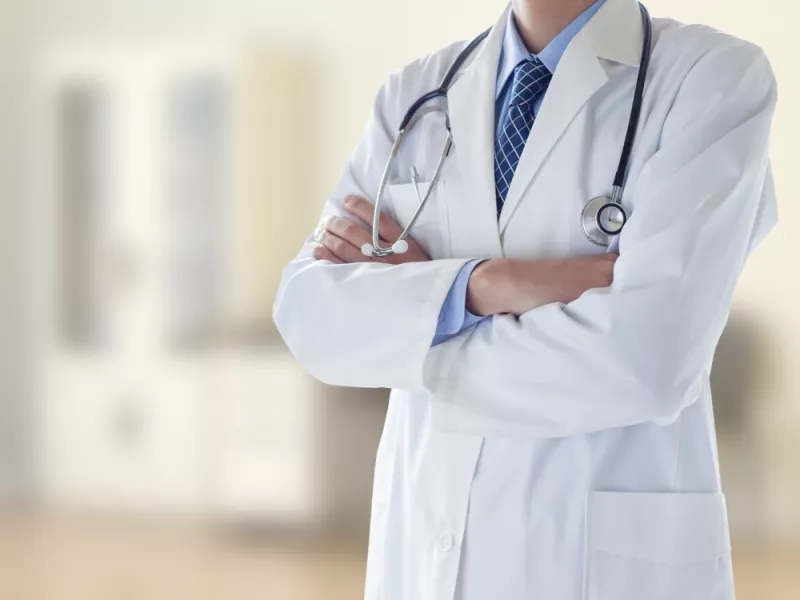We live in a time when we receive a storm of information daily. Therefore, proper information – and especially in health – is more necessary than ever. Tips coming from the family, friendly or professional environment, but also from rough internet searches or social media, can lead to wrong decisions and dangerous practices. In simple words: to put our health in serious risk.
Misinformation
The spread of false news (“fake news”) has intensified in recent years, mainlyDue to uncontrolled propagation on social media. Often their goal is to cause panic, to promote specific products or just impress. Typical examples: Conspiracy theories (such as those for Coronovirus vaccines), “miraculous” treatments or quick solutions without scientific documentation, as well as false or falsified data.
The consequences
Misinformation can have serious and long -term consequences: to lead someone to delay medical care, to rely on ineffective or even dangerous practices, or to make critical decisions without the necessary knowledge.
How do we recognize reliable information?
The first step is to check the source. We trust official bodies such as the World Health Organization (WHO), the Ministry of Health, scientific journals and renowned doctors. We avoid content without reference to sources, in excess or conspiracy. If something looks too good to be true, it’s probably not.
What do we do if we doubt?
Before notifying a news, it’s worth checking it: is there in other valid sources? Has been confirmed by experts? There are Fact-Checking tools available that we can use. We do not spread something just because it causes shock or impression.
Finally, the media and influencers are responsible for operating responsibly, promoting only documented, reliable information.
Our health is not a field of experimentation, no clickbait.
Source :Skai
I have worked in the news industry for over 10 years. I have a vast amount of experience in covering health news. I am also an author at News Bulletin 247. I am highly experienced and knowledgeable in this field. I am a hard worker and always deliver quality work. I am a reliable source of information and always provide accurate information.











